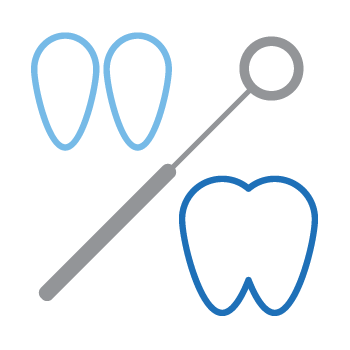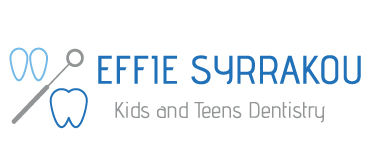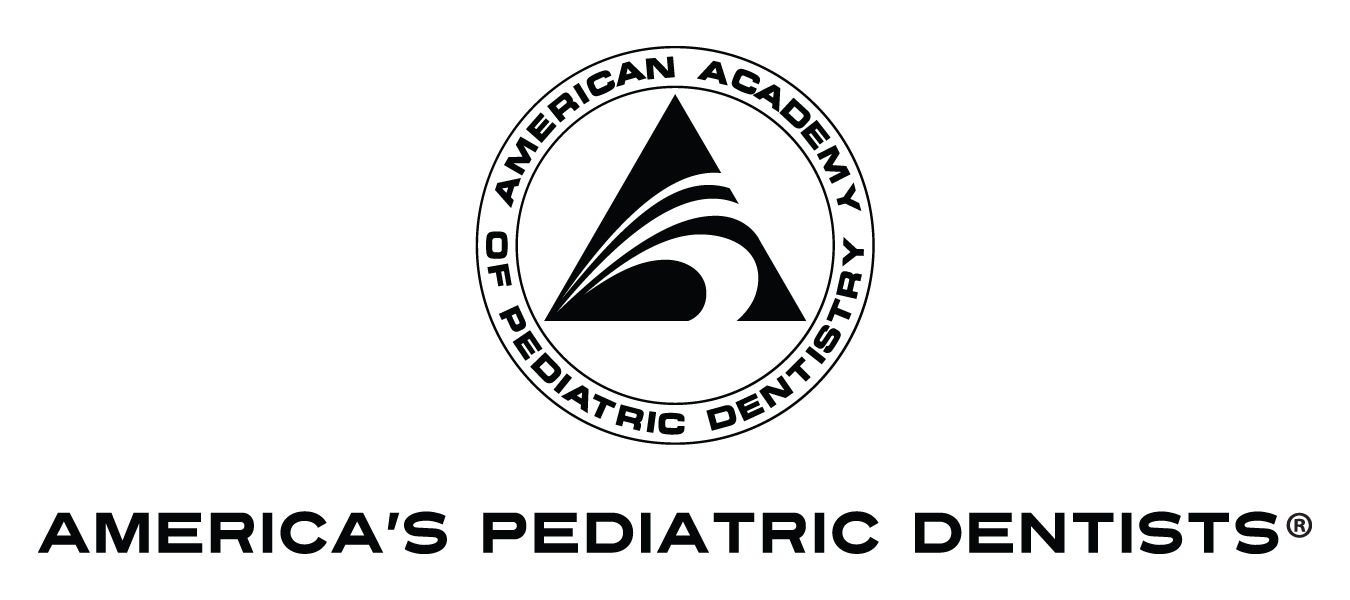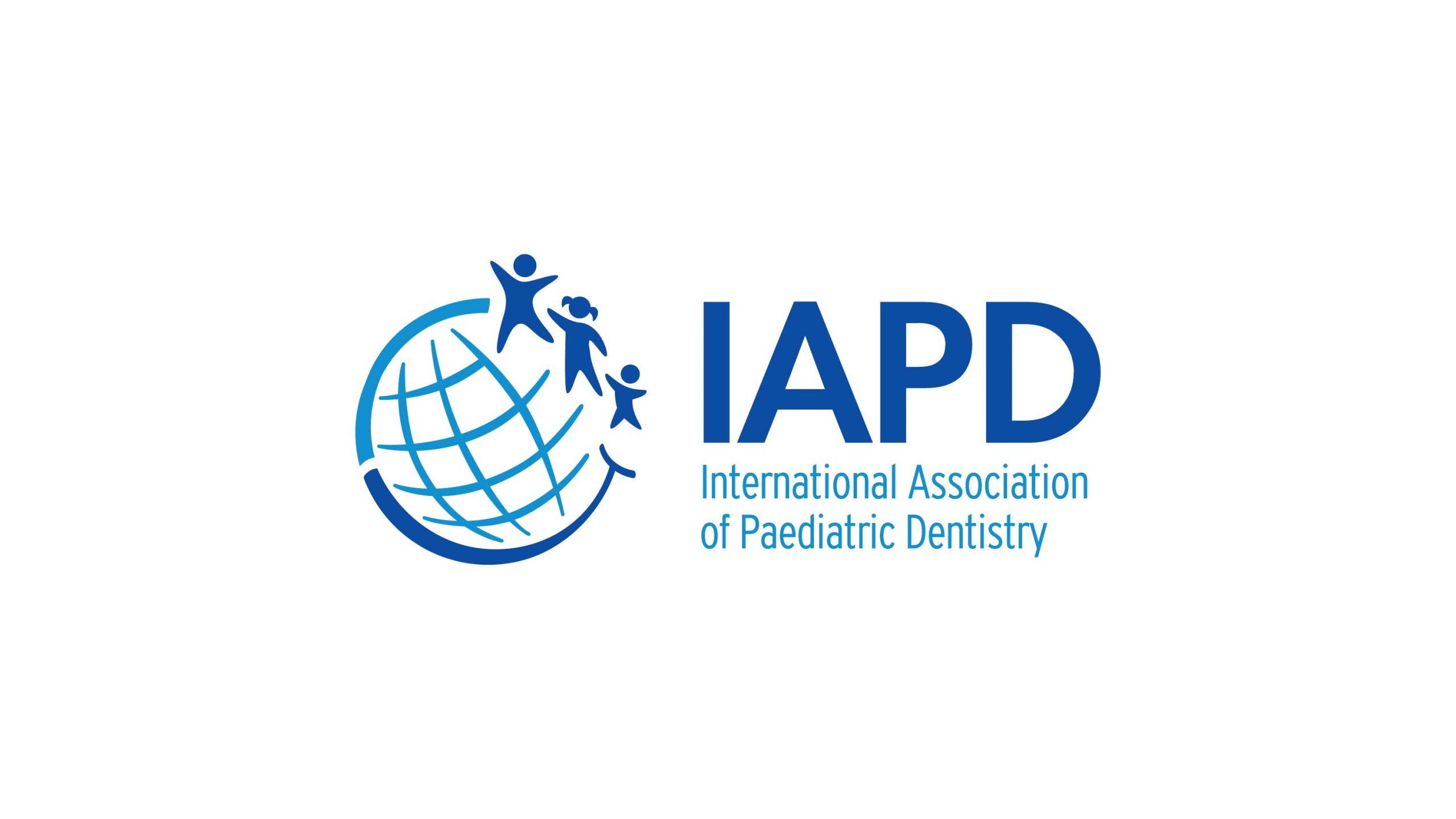ALWAYS BY YOUR SIDE
DENTAL EMERGENCIES
Dental emergencies can happen at any age: a severe injury, an accident that results in a broken tooth or a sudden toothache are just some of the things that parents might have to deal with.
Our first piece of advice: Keep calm!
Try to identify exactly what has happened and calm your child down. Before calling us, make sure you read some of our most important tips regarding dental emergencies in children and adolescents.
TREATING DENTAL EMERGENCIES
TRAUMA
A sudden blow in the face during playtime or while doing sports can result in an injury to a tooth. Here is what to do if such an injury occurs:

What should I do if a PERMANENT tooth is completely knocked out after being hit?
1. Find the tooth immediately
2. Be careful not to hold it by the root, do not rub it, and do not touch the tissues on it.
3. Plug up your sink so as not to risk losing the tooth and rinse fast the tooth with water without rubbing the root.
4. Do one of the following:
- If you are calm and confident enough, try using gentle movements to put the tooth back in place inside the bone.
- If you cannot reposition it, put the tooth in a clean container filled with fresh milk, saline or water OR if your child is calm and cooperative, put the tooth in their mouth between their cheek and the teeth.
- Then head immediately to your pediatric dentist to have the tooth realigned and stabilized back in place.
In such cases, time of repositioning the tooth is an important factor for treatment success. The success rate is 90% during the first 30 minutes after the tooth comes off, but it drops to 75% between 30 and 60 minutes.

What should I do if my child hurts their baby or permanent teeth without any obvious symptoms?
Even if there are no obvious symptoms of trauma, it is advisable not to neglect a visit to your pediatric dentist. This is because an injury to the mouth area can cause a fracture of the tooth root and/or tooth necrosis. Over time, such a tooth may show a change in color, abscess (swelling) and pain.

What should I do if after an injury my child’s baby or permanent teeth seem to be loose?
After an injury, there is a possibility that the tooth may have changed position (displacement) in any direction towards the lips, towards the palate, and it is not uncommon for the tooth to “sink” into the gums (impaction) or instead to “come out” a little out of position (extrusion). In the case that the tooth is loose , but has not come out of the bone completely, try to realign it back in place immediately. Tell your child to avoid biting with this tooth. Contact your pediatric dentist immediately so that they can put the tooth back in its proper position and immobilize it if necessary.

What should I do if my child’s baby or permanent tooth breaks?
Look for the broken piece of the tooth, put it in cold water and go to your pediatric dentist immediately. There is a chance the pediatric dentist may be able to “reattach” it.
If you cannot find the tooth, the pediatric dentist will proceed to restore (build) the broken tooth.
Act quickly to save the tooth, avoid infection of the tooth’s nerve and reduce the need for more extensive treatment.

What should I do if a BABY tooth is completely knocked out after being hit?
In this case DO NOT try to put the tooth back in place. Visit your pediatric dentist to examine possible injury to the gums, bone, or pulp of the permanent tooth and to aesthetically restore your child’s smile.
TREATING DENTAL EMERGENCIES
PAIN & SWELLING
Most of the time both children and parents cannot identify the cause of toothache or swollen gums.

What should I do if my child has a toothache and/or swelling inside or outside their mouth?
- Contact your pediatric dentist immediately.
- Tell the child to rinse his/her mouth with lukewarm water.
- Place a cold compress on the swollen area of the face (cheek, lips).
- Use dental floss to remove any food trapped between the child’s teeth. Do not use a toothpick!
- Brush the teeth gently in the area that hurts.
- Do not put aspirin, alcohol or any other medicine or substance on the tooth or gums.
- Do not give antibiotics without medical advice.
No matter permanent or baby teeth; all teeth should be treated!
TREATING DENTAL EMERGENCIES
ERUPTION & EXFOLIATION OF TEETH

My child's permanent teeth are growing in behind the baby teeth. What should I do?
The appearance (eruption) of new teeth behind baby teeth can be very worrying for parents. In most cases, the roots of the child’s baby teeth have been absorbed by the pressure of the permanent teeth on them and the teeth are being held in place only by gums.
Calm and reassure your child, encourage him/her to wiggle baby tooth to pull it out on his/her own.
In the vast majority of children, lower permanent central incisors can appear behind (lingually) the baby incisors, which most of the time are not loose enough. As long as there is room, the continued growth of the jaw bone as well as the natural movements of the tongue, will bring the permanent incisors into its normal position. If the child cannot manage on his/her own or if you are very concerned, please do not hesitate to visit us.
What should I do if the brace or wire comes off/moves/breaks off from the orthodontic appliances my child is wearing?
Place the special dental wax we have provided you on the brace or wire that is bothering and injuring the mouth.
If you don’t have wax, use sugar-free gum or cotton balls.
If the wire is stuck in the gums or cheek, try to remove it and push it under the brace using a blunt object (e.g. spoon, eraser on the back of a pencil, cotton swab) and contact us immediately.

Contact Details
Τel. : 210 6858087
Email: info@pediatricdentist.gr
Office Hours
Monday – Friday :
12:00-20:00
Member of:




© Copyright 2021 – Effie Syrrakou – Conditions of use – Privacy Policy
Designed & Developed by Que Healthcare Marketing – All rights reserved

